Food intolerance and gallbladder conditions
By naturopath Margaret Jasinska
Did you know that food sensitivities increase your risk of developing a gallbladder condition? Gallbladder problems are extremely common – gallstones, an inflamed gallbladder or a gallbladder that doesn’t contract properly.
Sometimes the cause is obvious – an unhealthy diet high in sugar, vegetable fat and highly processed foods. This isn’t always the case though. I see many patients who eat well most of the time and yet they still end up with a gallbladder problem. Food intolerance is sometimes the cause. It could be a food that’s widely considered to be healthy, but your digestive system isn’t able to tolerate it.
Digestive problems are commonly associated with gallstones. Food intolerance, irritable bowel syndrome, coeliac disease and insufficient stomach acid (hypochlorhydria), bile and digestive enzymes can all increase the risk of gallstones. Digestive problems can increase the risk of gallbladder disease by interfering with the ability of the gallbladder to contract properly.
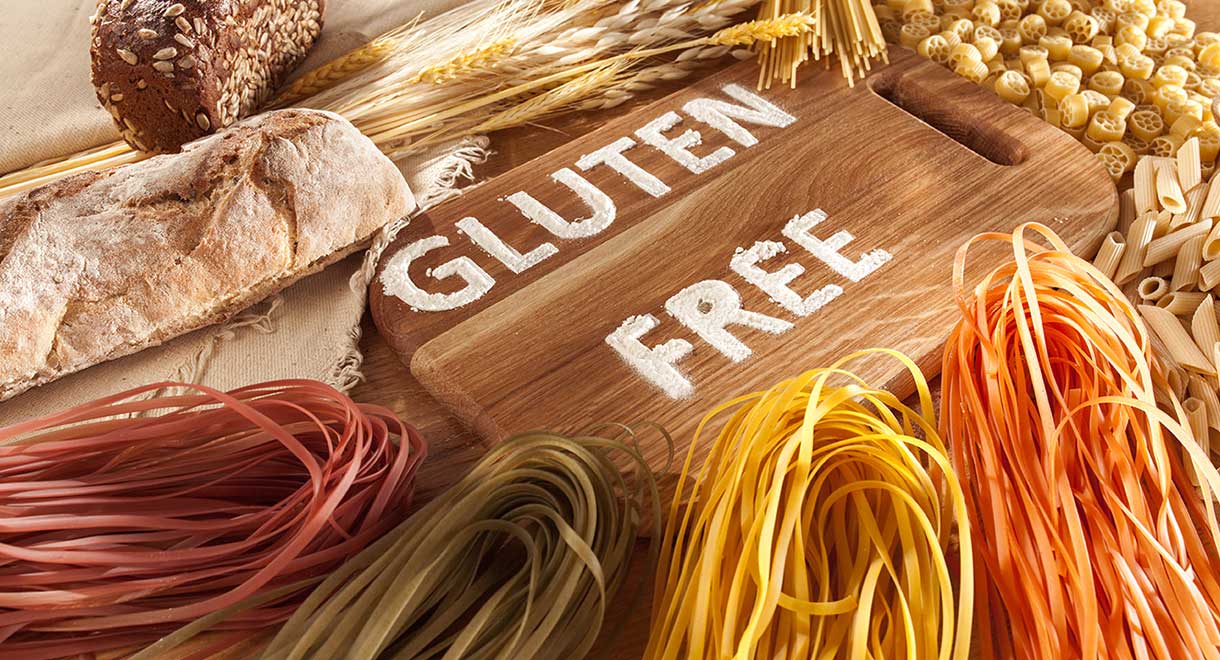

Gluten
Coeliac disease is where gluten ingestion prompts an autoimmune reaction in the body. Gluten is found in wheat, rye, barley, spelt, triticale, kamut and many processed foods that contain any of these grains. People with coeliac disease develop inflammation in their intestines when they eat gluten. The hormone that stimulates the gallbladder to contract is mostly made in the first part of the small intestine called the duodenum. This hormone is called cholecystokinin (CCK) and people with coeliac disease usually do not produce adequate levels if they are consuming gluten. The gluten itself also seems to interfere with the ability of the gallbladder to contract because coeliacs commonly have a very low bile ejection fraction during a HIDA scan if they are regularly consuming gluten.
Sometimes gallstones are the first manifestation of coeliac disease in people who weren’t aware they have the condition. They typically occur early in life, in the 20s or early 30s. It’s not just people with coeliac disease who tend to suffer these gallbladder problems. They are also highly prevalent in people with non-coeliac gluten sensitivity.
Food sensitivities and gallbladder problems
If you eat a food that your digestive system cannot properly break down, this can cause chronic irritation to the lining of your small intestine, and give you an excessively permeable gut lining (leaky gut). If your gut is inflamed, it will not produce sufficient levels of the hormone CCK, which means your gallbladder won’t get the message to contract properly.
Everyone with food sensitivities would greatly benefit from a glutamine supplement. Glutamine is an amino acid which helps to soothe and repair an irritated or inflamed digestive lining. It is actually used as fuel by the cells that line the digestive tract. An overgrowth of unfriendly gut bugs can also compromise the intestinal lining, and this responds well to antimicrobial herbs.
Which foods are most likely to promote gallbladder problems? Apart from gluten; dairy products, nuts, soy, corn and eggs are common culprits. If you have a gallbladder condition, you may wish to try eliminating these foods for a month to see if that improves your condition.
If there is too much fat in your bile, the bile becomes a lot thicker and doesn’t flow as freely. A thick liquid always moves a lot more slowly than a thin watery fluid. Thick bile doesn’t squirt out of your gallbladder the way it is supposed to when your gallbladder contracts. Therefore, if the bile in your gallbladder is excessively thick, each time your gallbladder contracts, less bile will flow out and more will be left behind.
This means less bile will enter your intestines every time you eat a meal that contains fat. That means you’ll probably have symptoms of poor fat digestion, such as bloating, burping, nausea, possibly diarrhea after a fatty meal and possibly discomfort over the right side of your upper abdomen after a big meal. Minimising your intake of sugar, flour, other high carb foods, alcohol and dairy products helps to thin the bile. Including lemon juice, lime juice and apple cider vinegar in your diet is also helpful.
The health of your liver is also paramount because individuals with a sluggish liver, fatty liver or inflamed liver do not produce sufficient good quality bile.
I hope you can see that the gallbladder itself is not to blame for stone formation; rather it is the excessively thick bile inside the gallbladder, due to liver and digestive problems. Sludge is the forerunner to gallstones. Having excessively thick bile inside the gallbladder makes it much more difficult for the gallbladder to contract properly and expel all the bile that’s inside. Stagnant bile is never able to leave your gallbladder. It remains there indefinitely and predictably eventually forms gallstones.
For more information see our book Save Your Gallbladder: And what to do if you’ve already lost it.


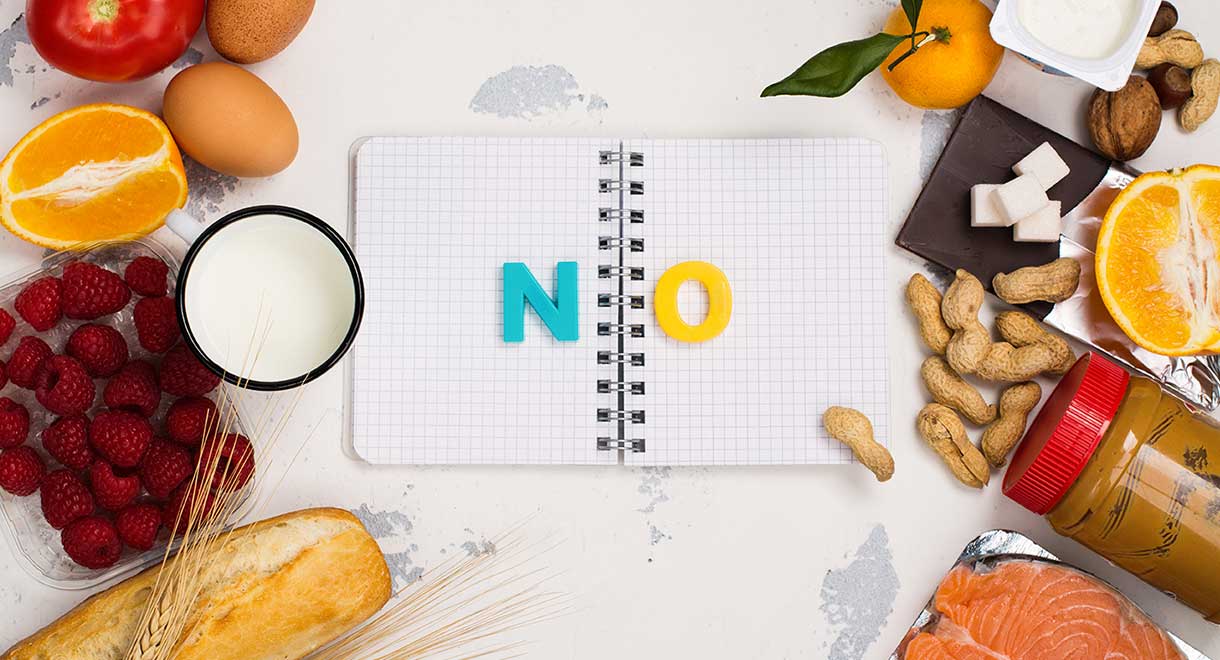



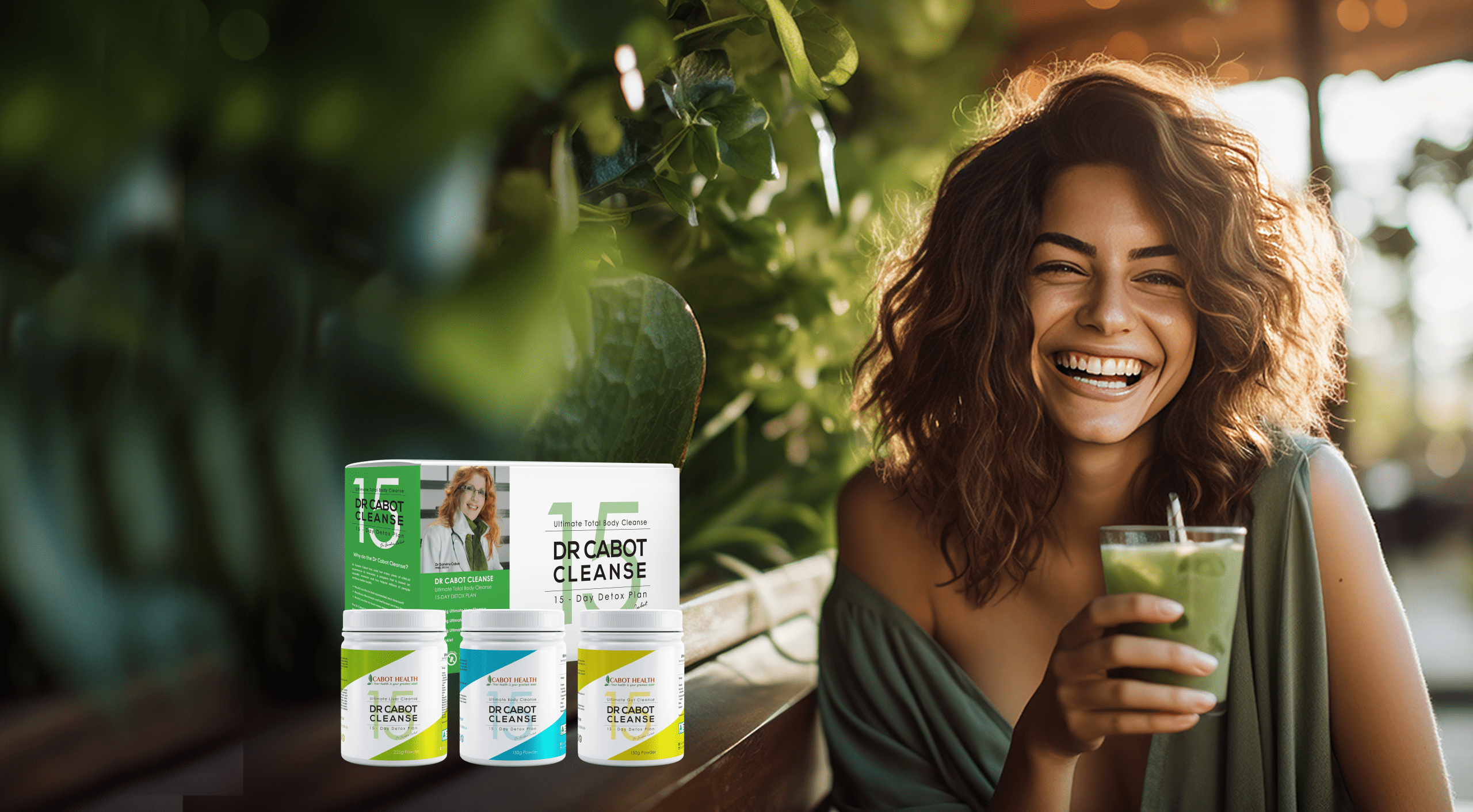
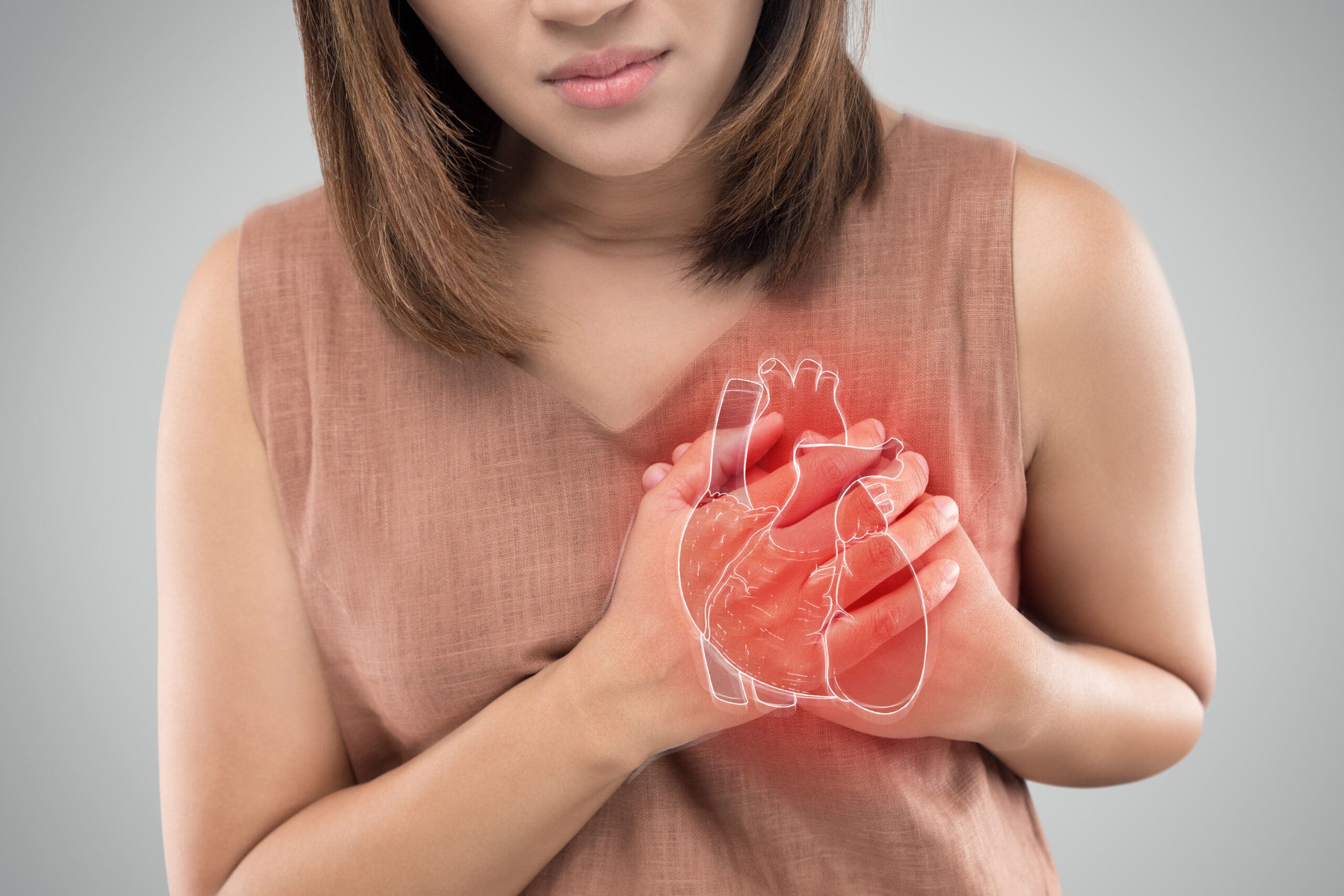
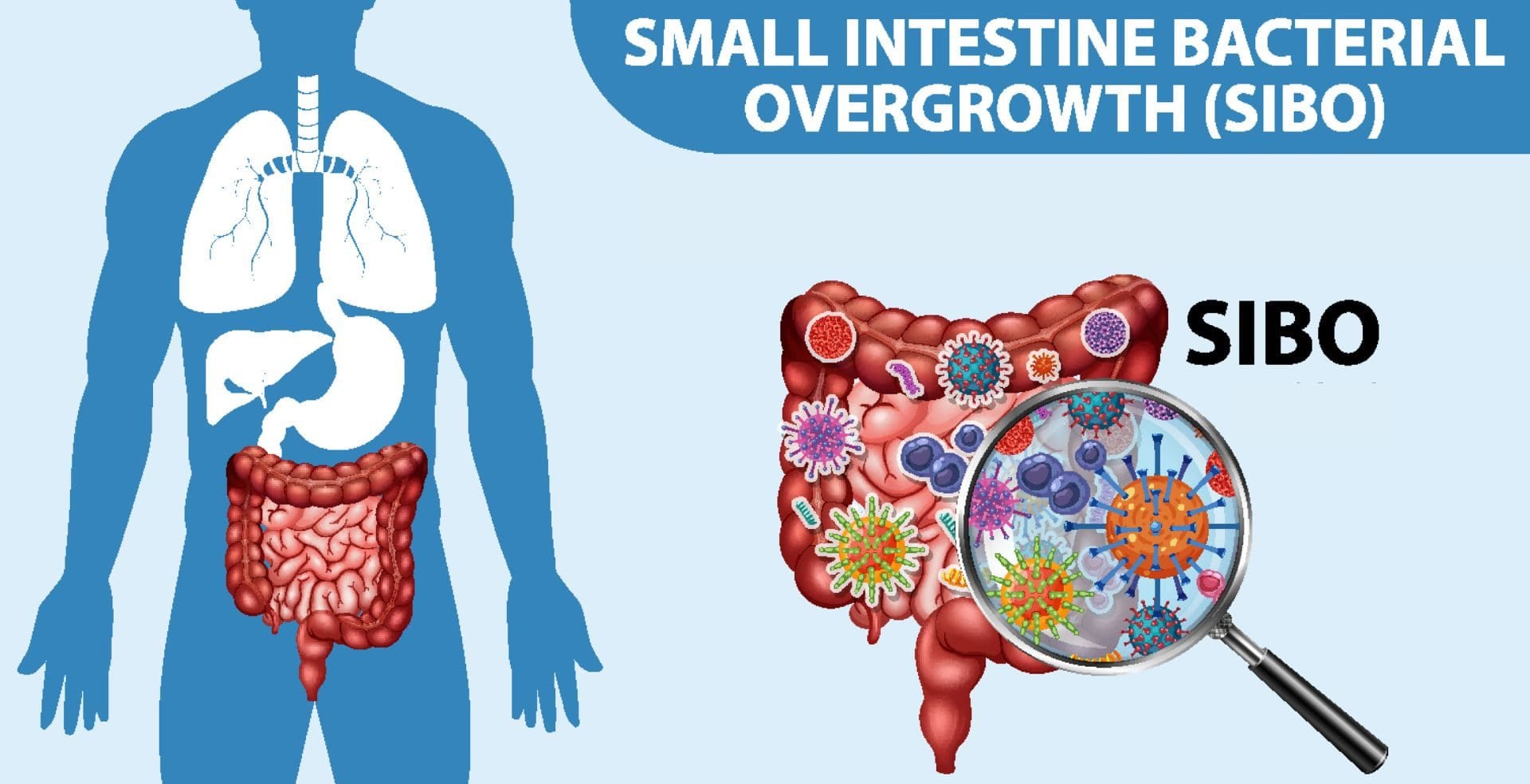
Leave A Comment